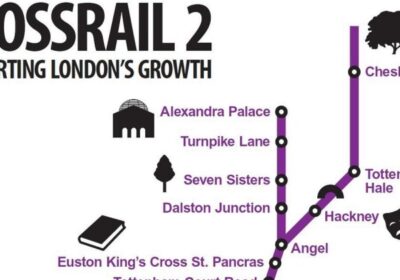You hear developers often complain about the quality of the planning service. These complaints are usually matched by local residents equally dissatisfied with local outcomes. It’s safe to say no one is very happy with the way the current planning system works.
Drowned in the chorus of negativity, there are times when everything clicks and the system works. It’s often when people on both sides of the fence find a way of bridging the divide and working together.
Any developer knows the value of a good planner. By good, I mean a planner who is willing to take the time over a planning application, listen to an applicant’s and residents’ concerns and act fairly and rationally in the context of local policies, politics and development realities which may not always align. Sadly though, this is an all too rare occurrence and bad news always trumps the good.
The reason it is a rare occurrence is we as a country don’t value planning as a core public service. If we did, we would resource it properly and we would listen carefully to the professionals working within it.
According to the National Audit Office, Government spending on planning fell from £1.13 billion in 2010/11 to £961 million in 2017/18, a reduction of 14.6%. We have a housing crisis. Yet, our response is to reduce the resources required to fix it. Is this how sensible policy making responds to a crisis?
At the same time, rarely do we see planning at the top table in a Local Authority. The RTPI is right to call for a Chief Planner post to sit at the top of the organisation. A planning department which is not listened to is also a planning department which can go rogue and become insular. It’s absolutely right that the function which has the ability to change tomorrow in any given local area is aligned with the senior team.
If we don’t fund the planning system then we will continue to endure delays as the service struggles to cope with complexity such as Section 106 negotiations. Bigger sites will get priority. Smaller sites, often capable of more immediate and transformative outcomes get stuck. This is what recent Litchfield research in conjunction with Pocket has shown on small sites across London. The average time it took was 60 weeks to get permission and a quarter required two or three successive attempts to get there.
None of this is seeking to take away from wider issues with the planning system. How it balances viability and deliverability against policy. Often policy is not proportionate to the site or pragmatic enough to cope with the interplay with development issues and land. However, before this can be resolved you have to first start with the foundation stones. If it is not properly resourced, then any reforms will flounder.










